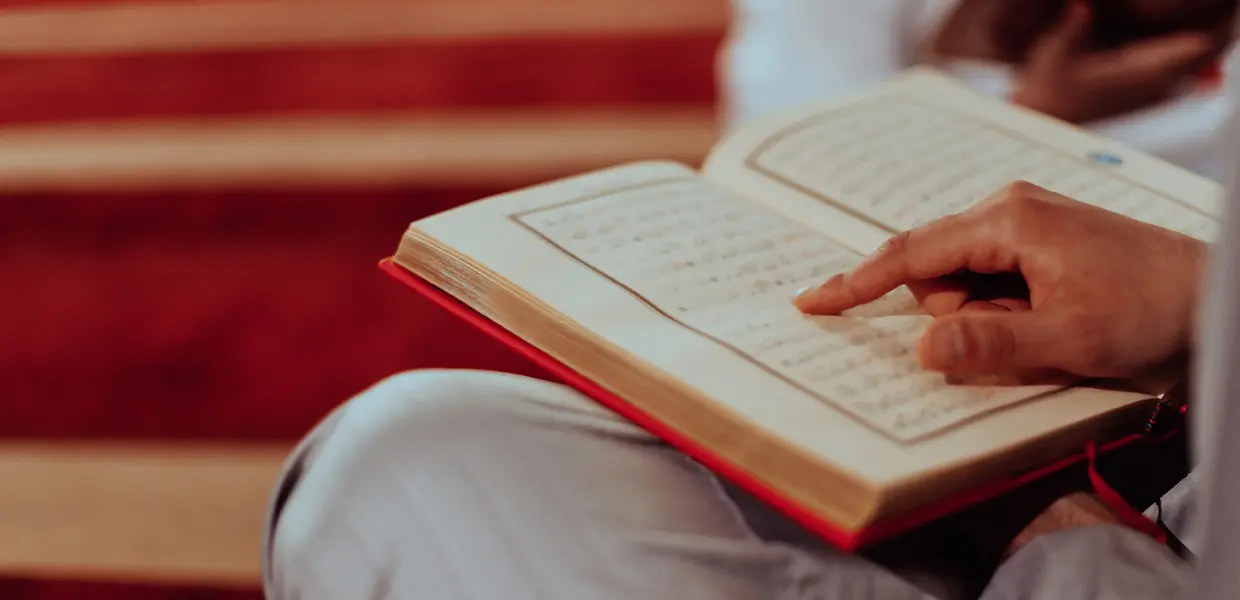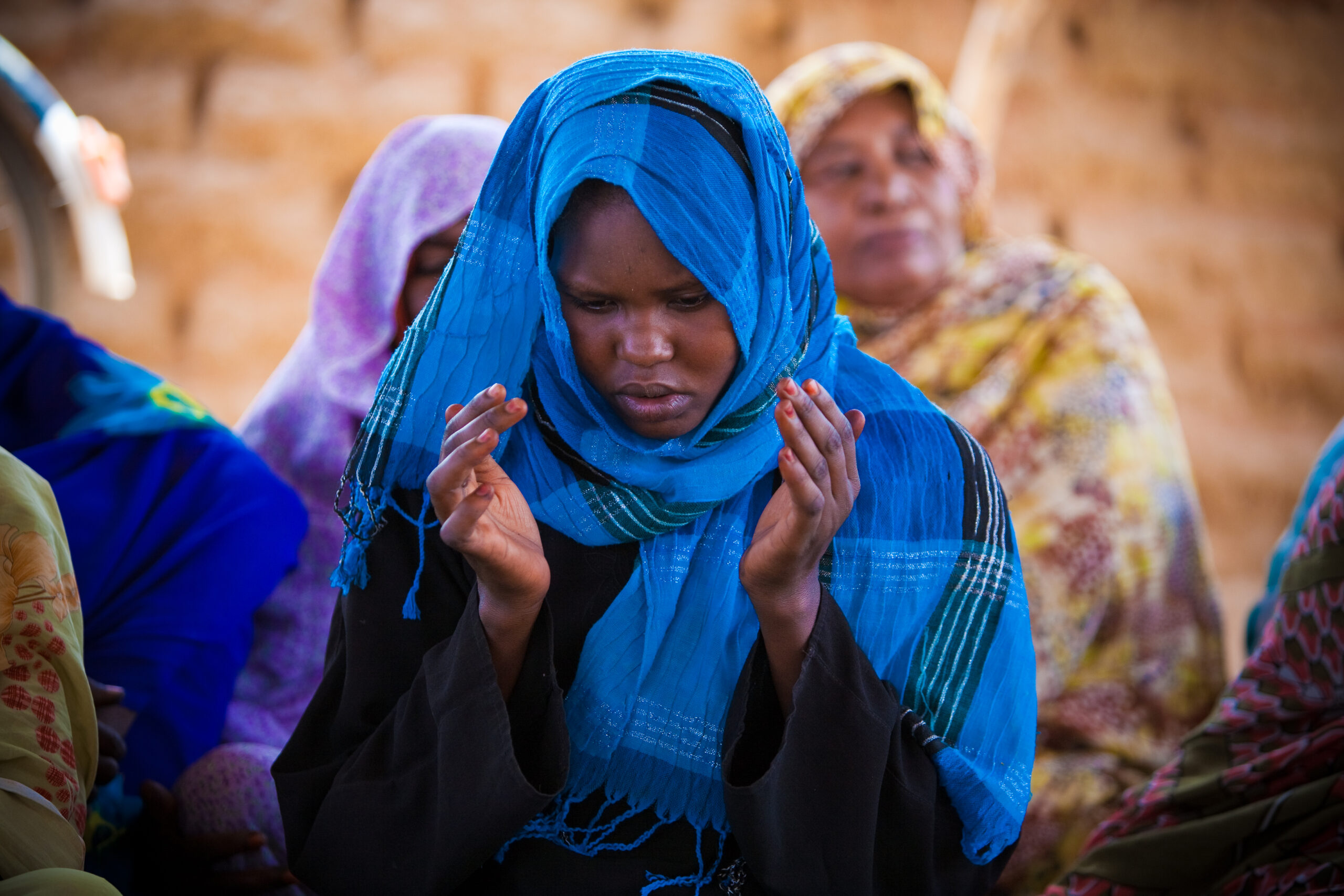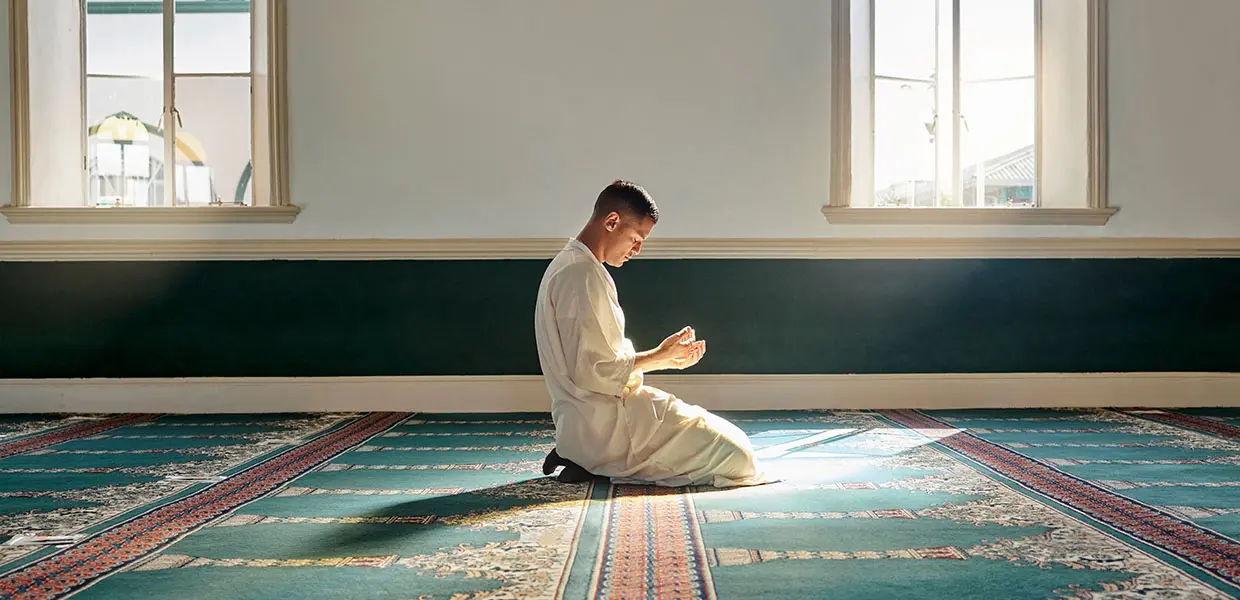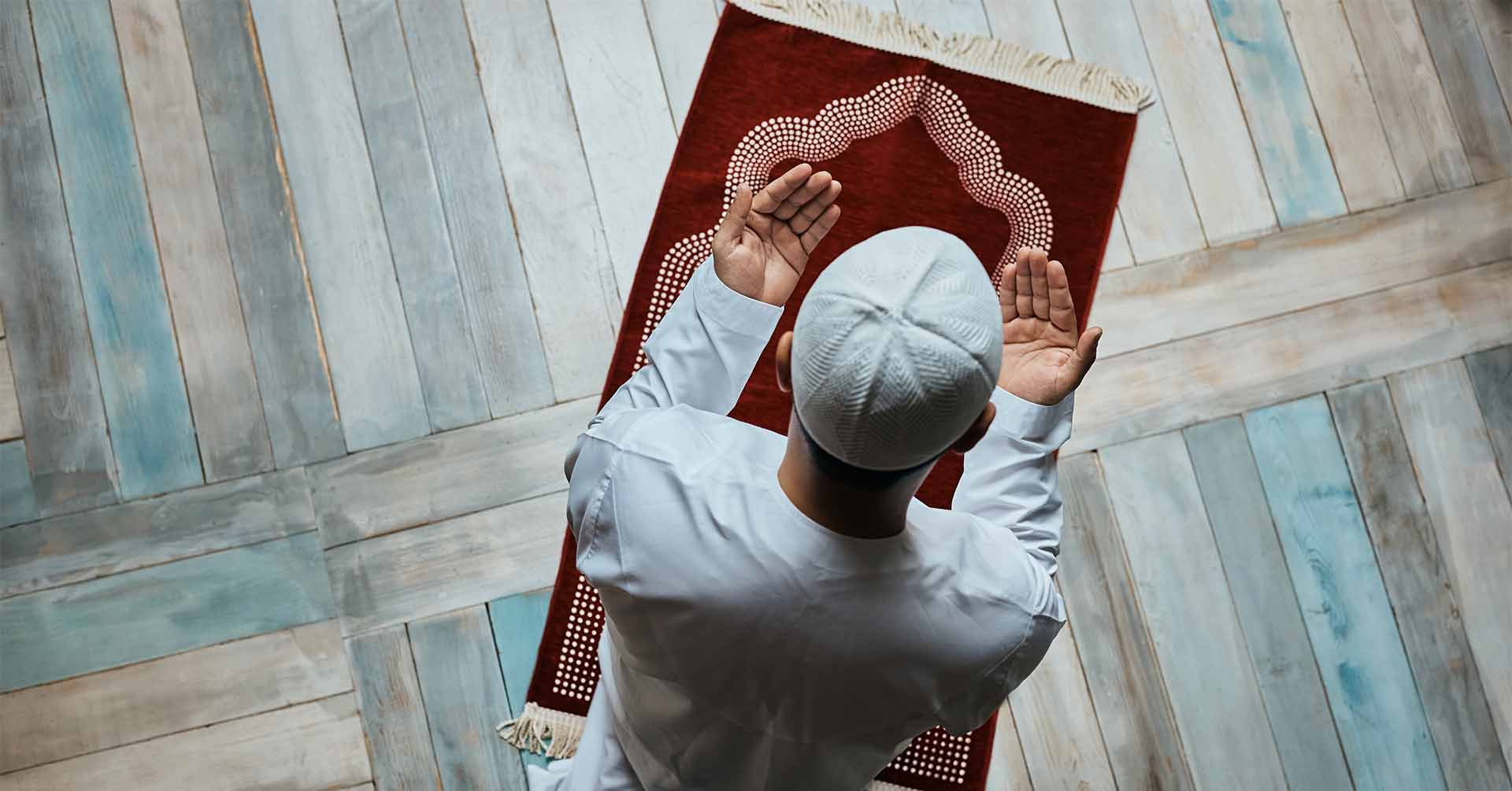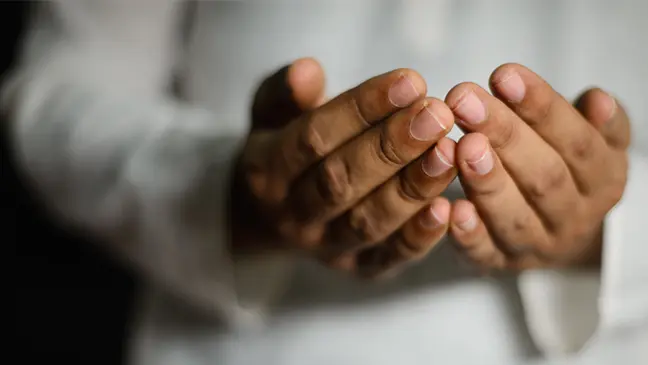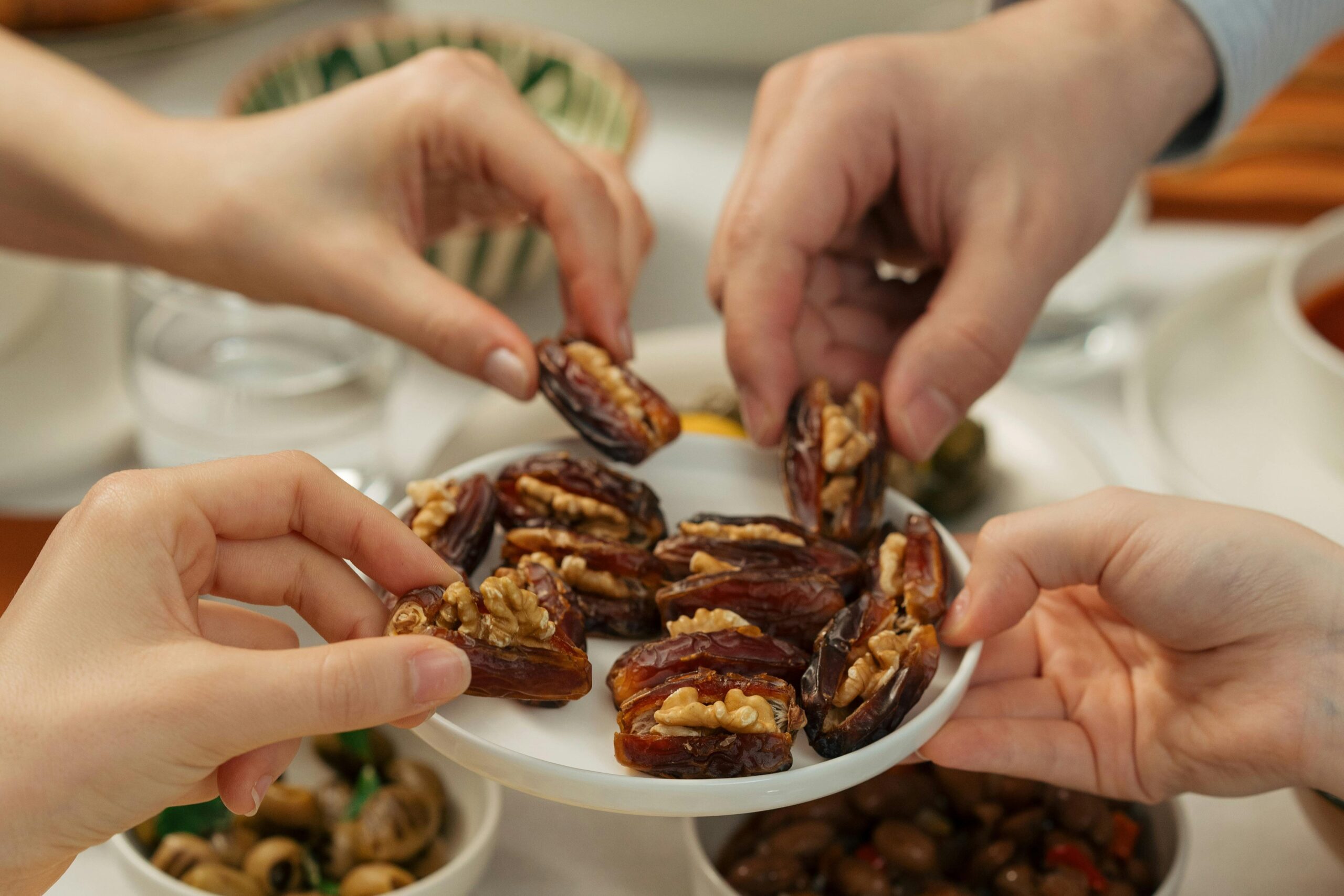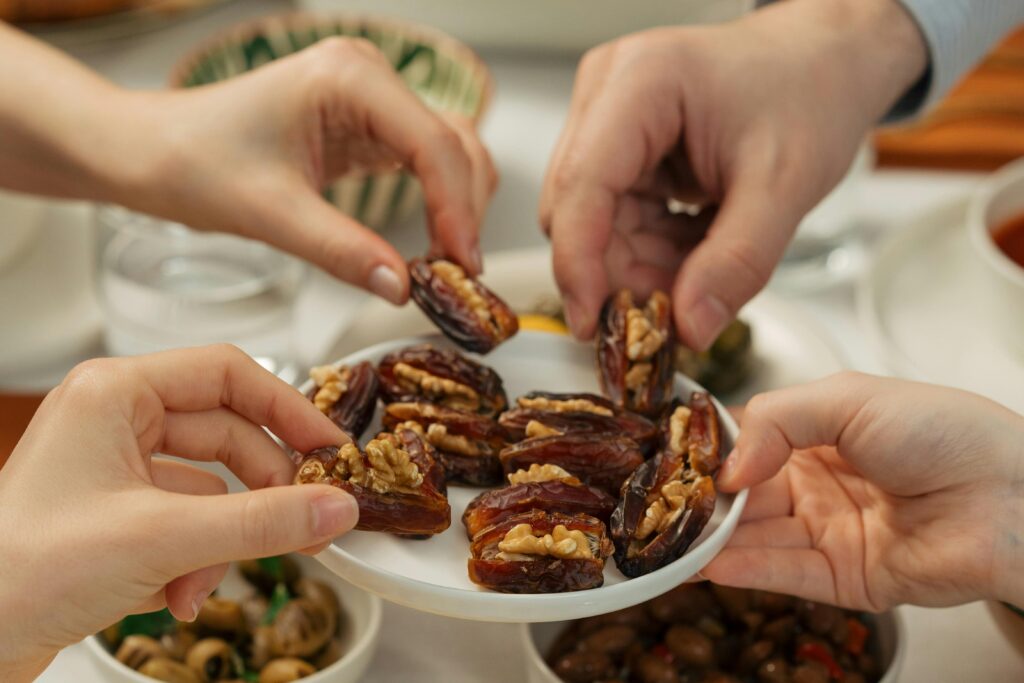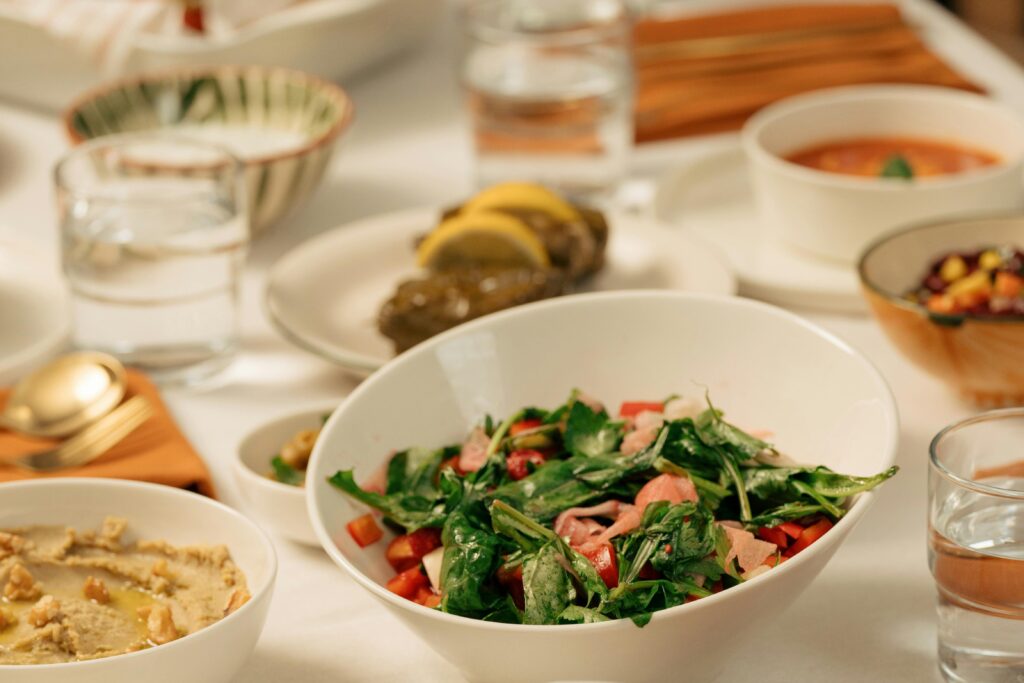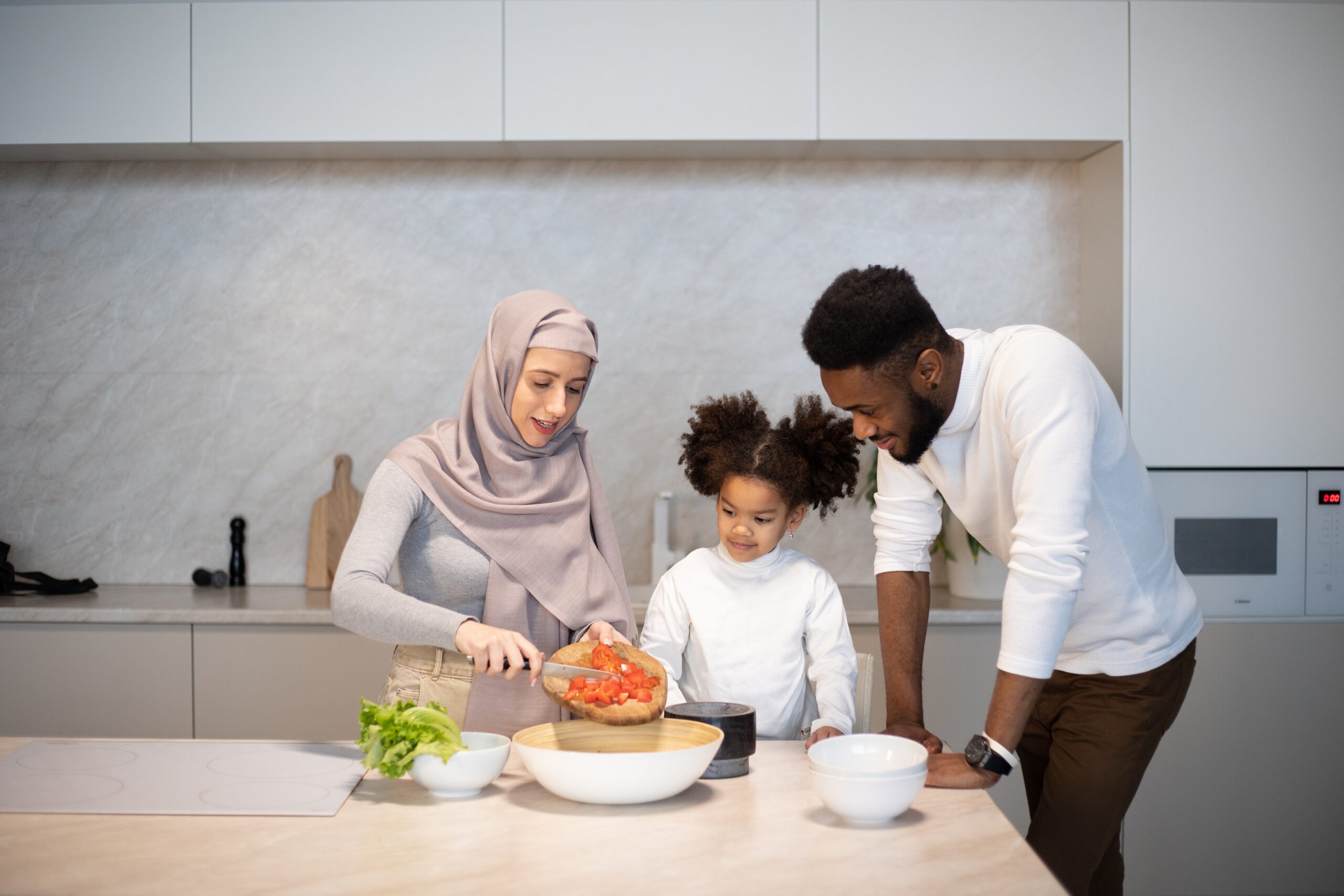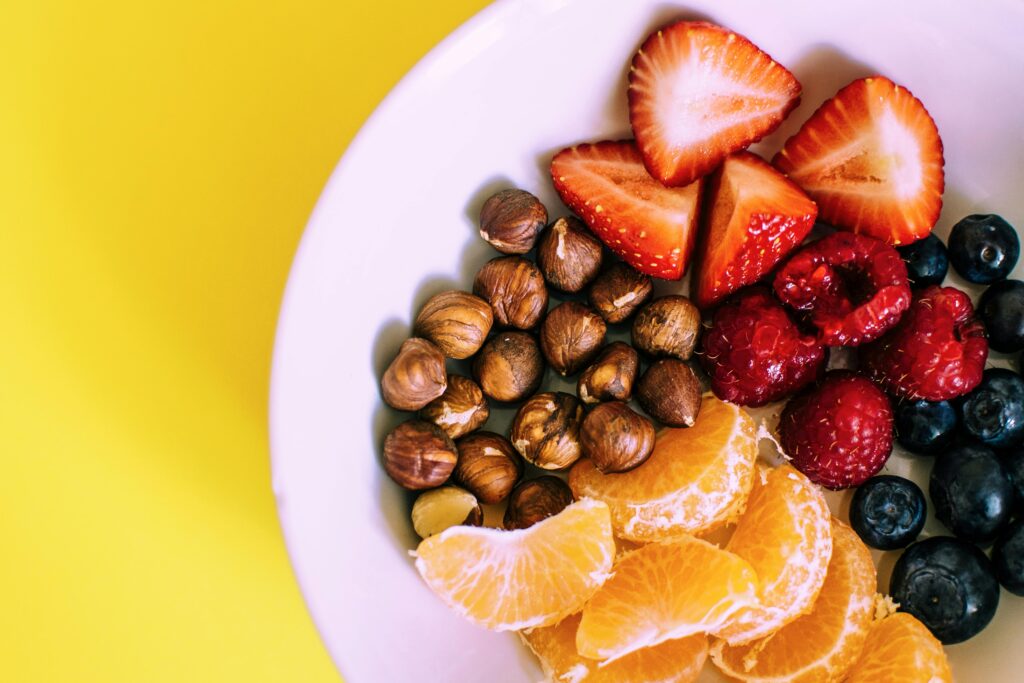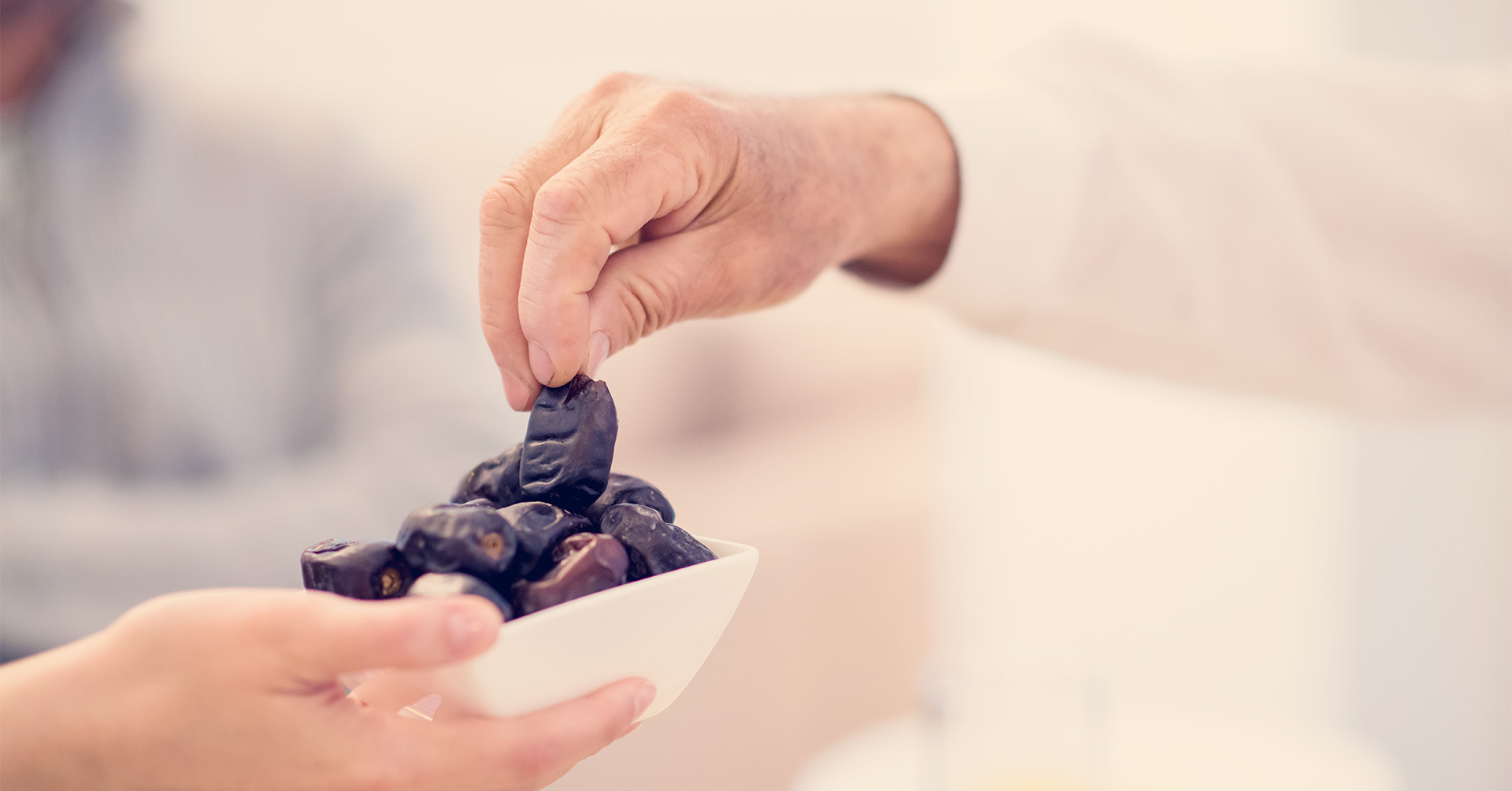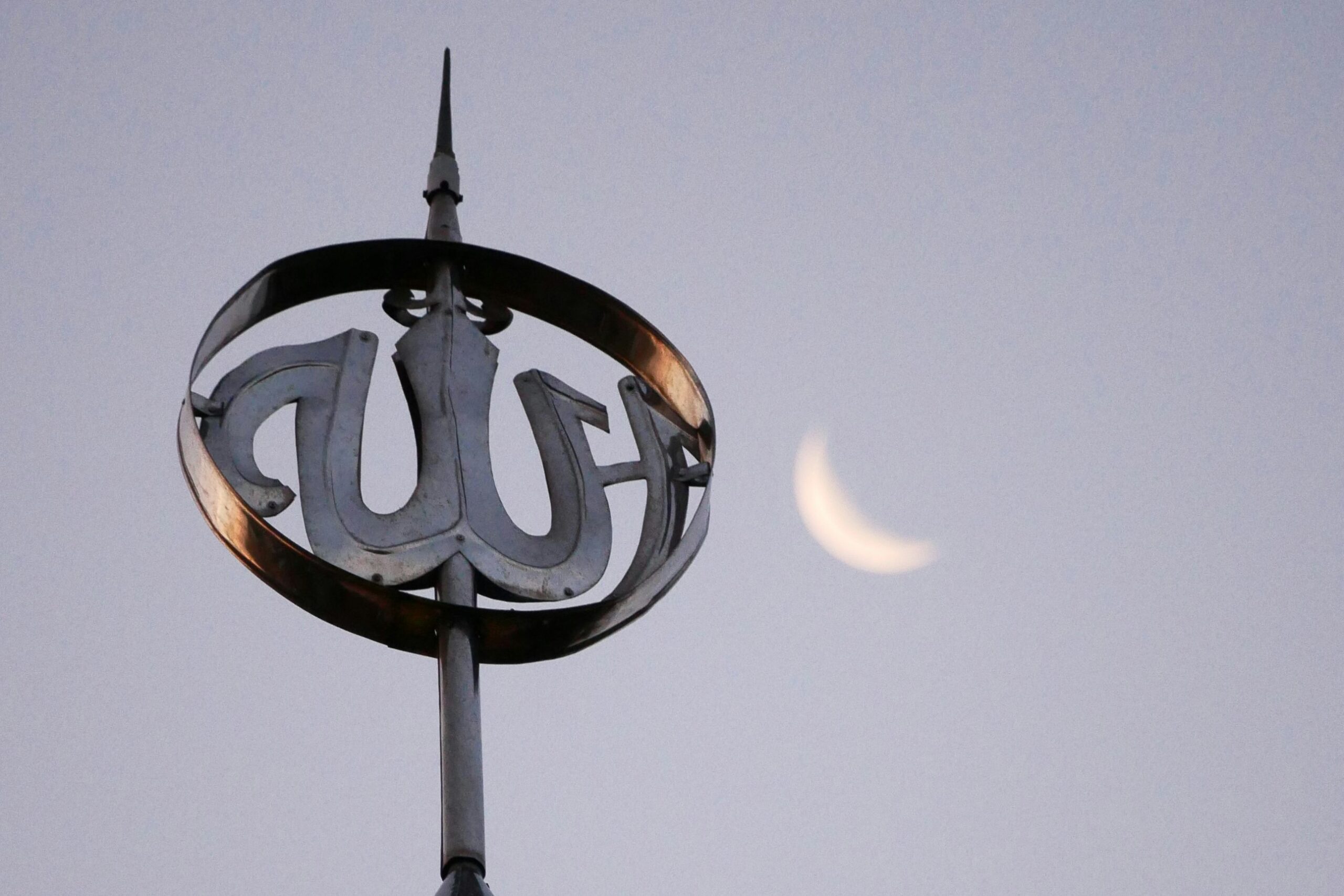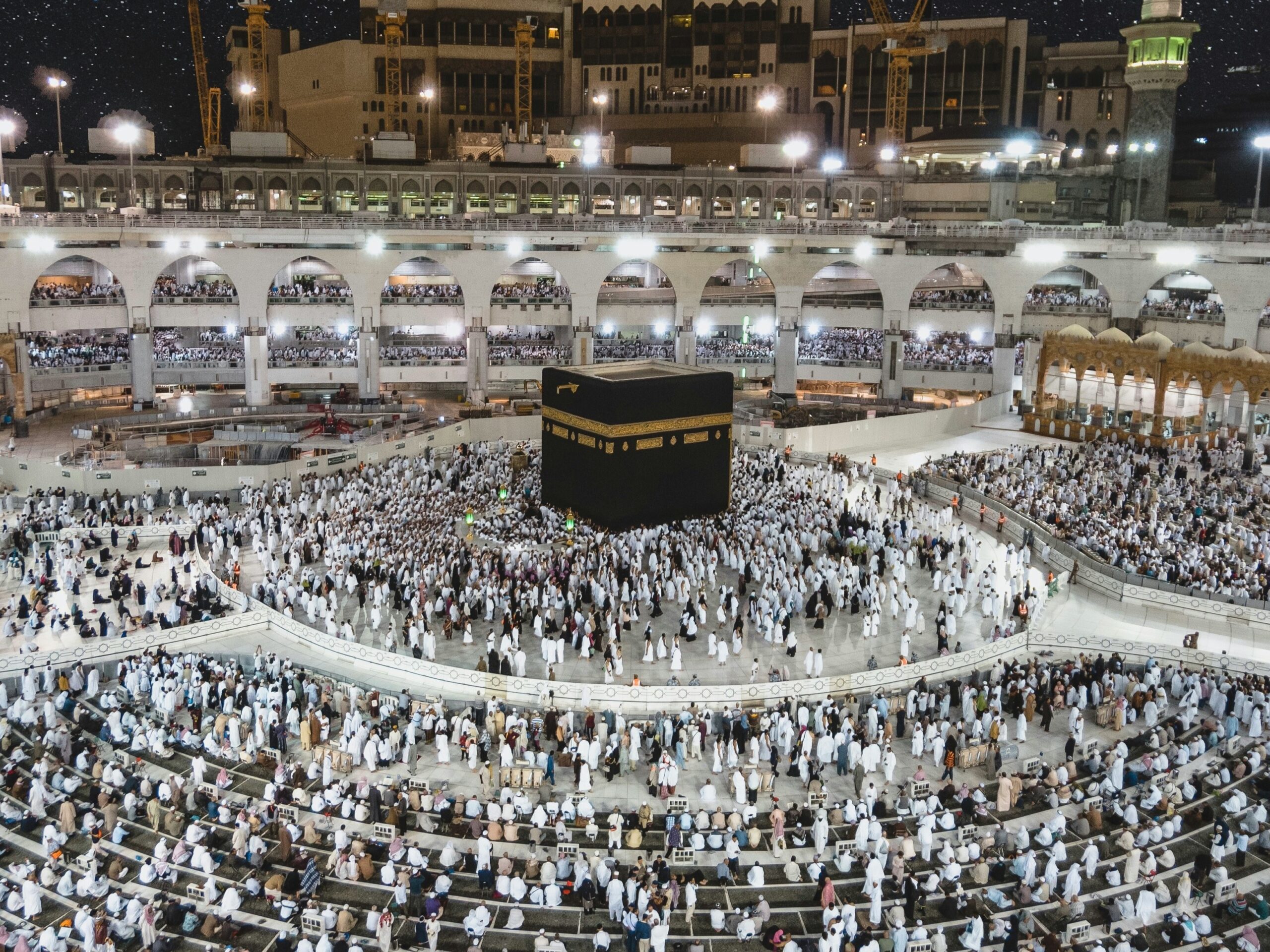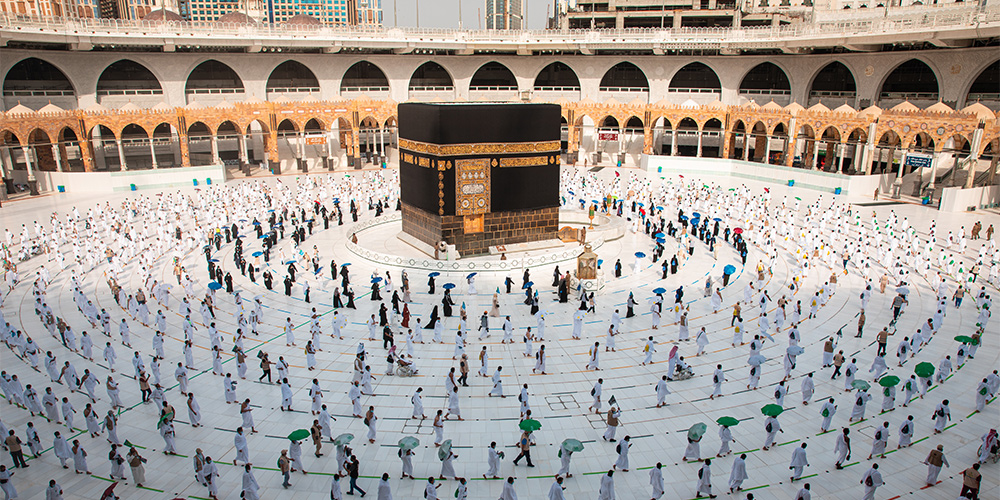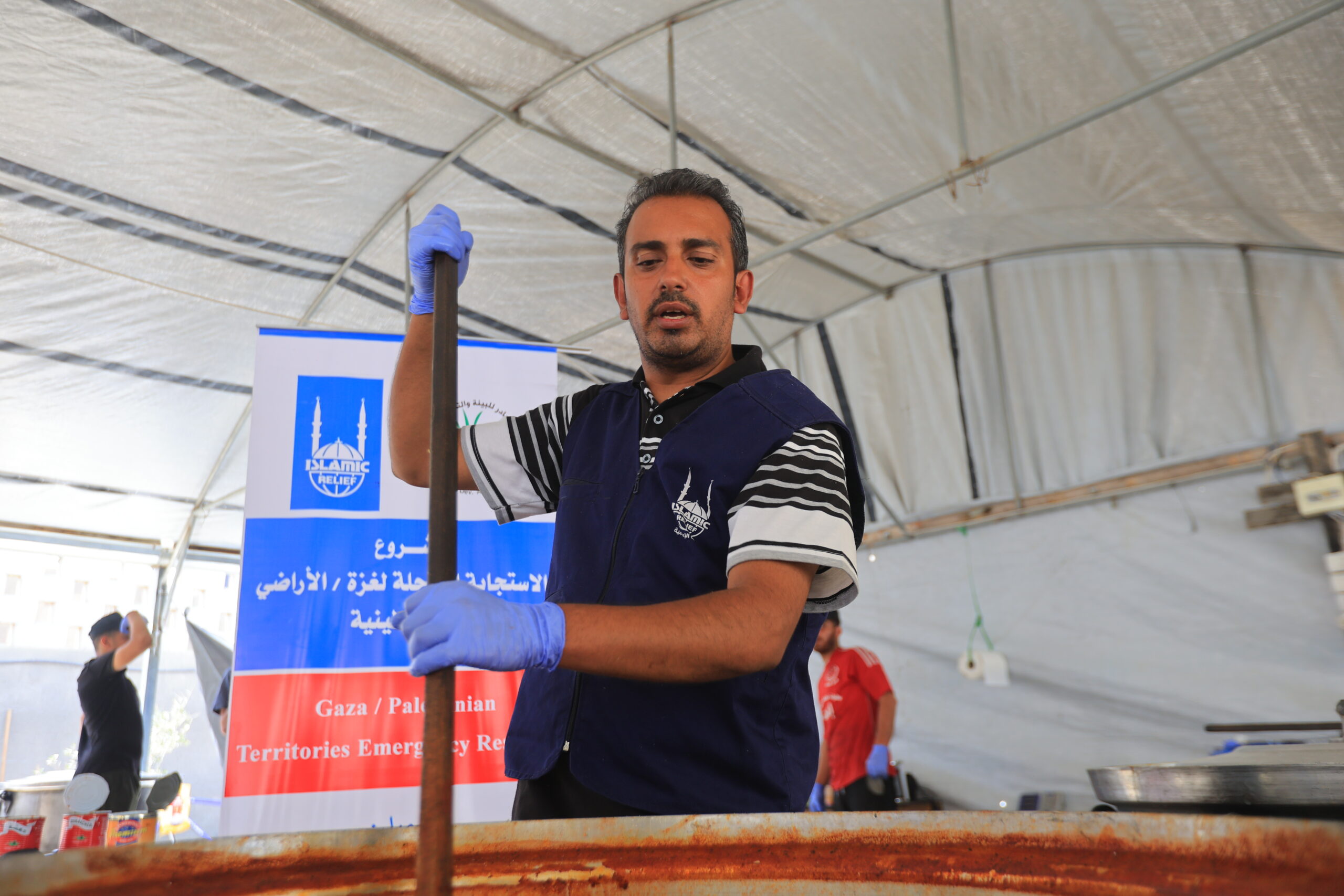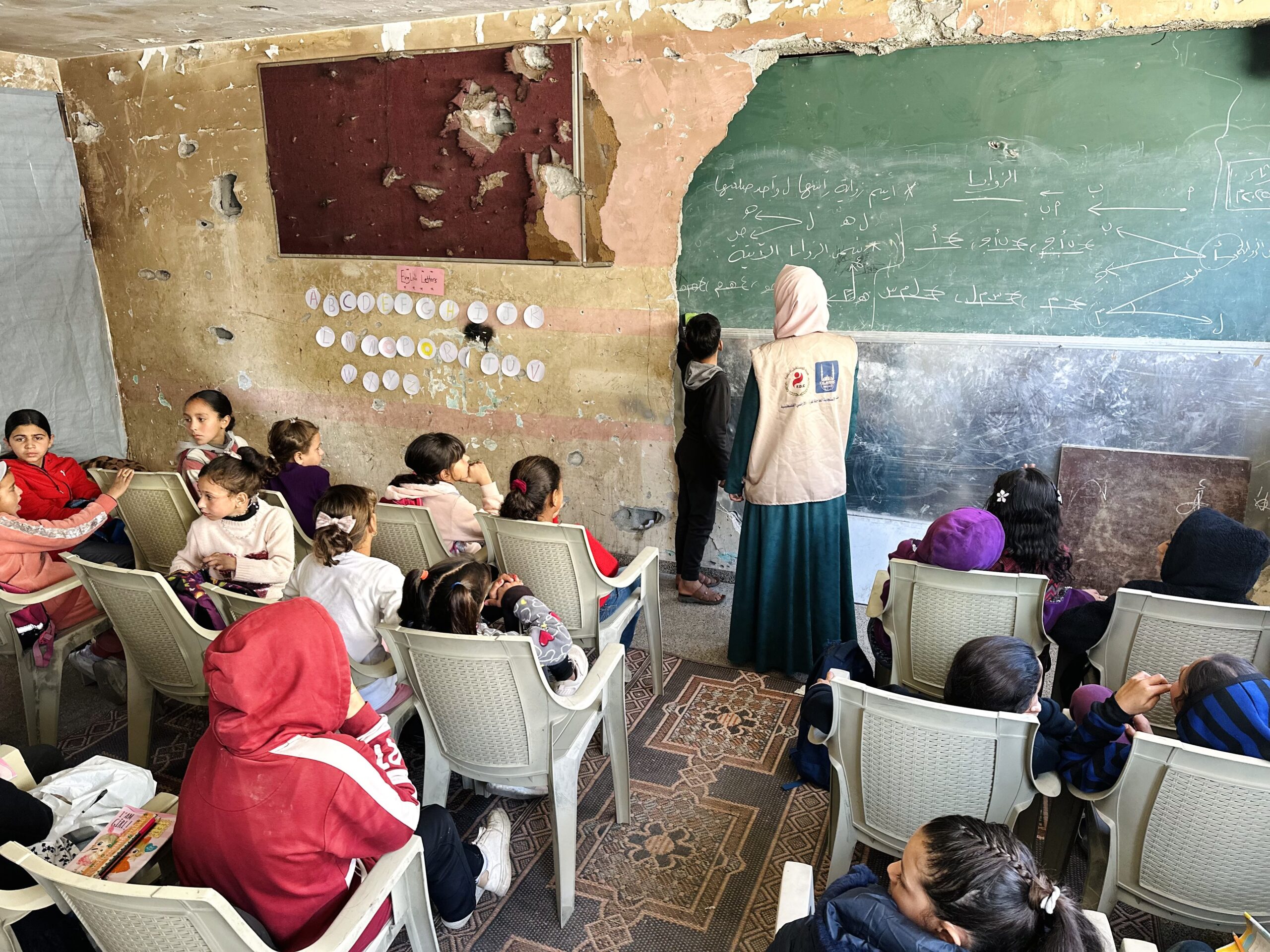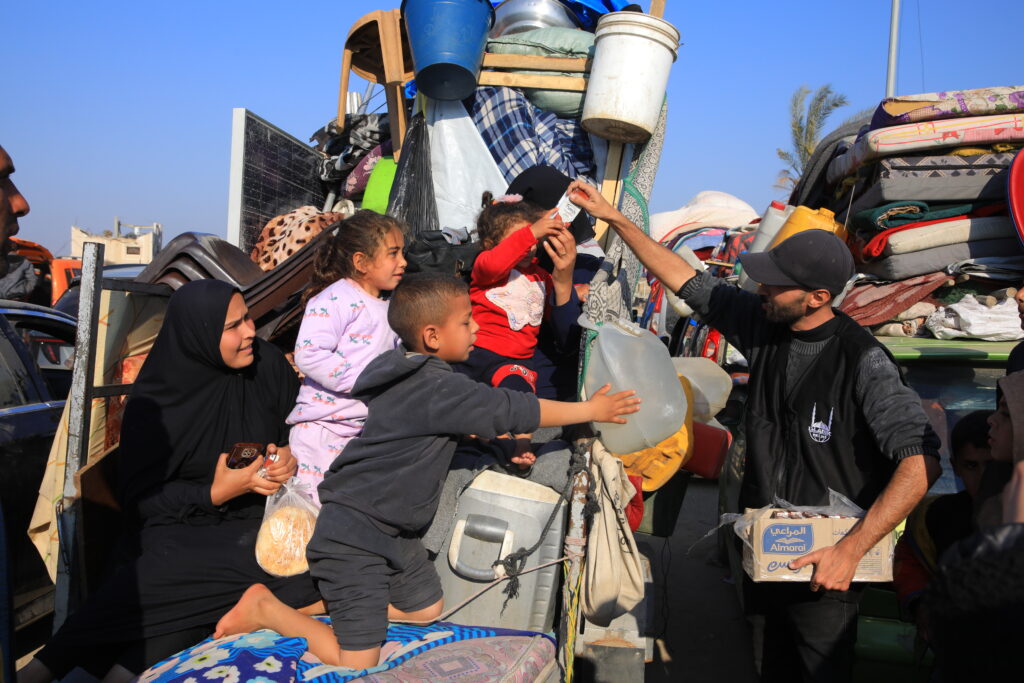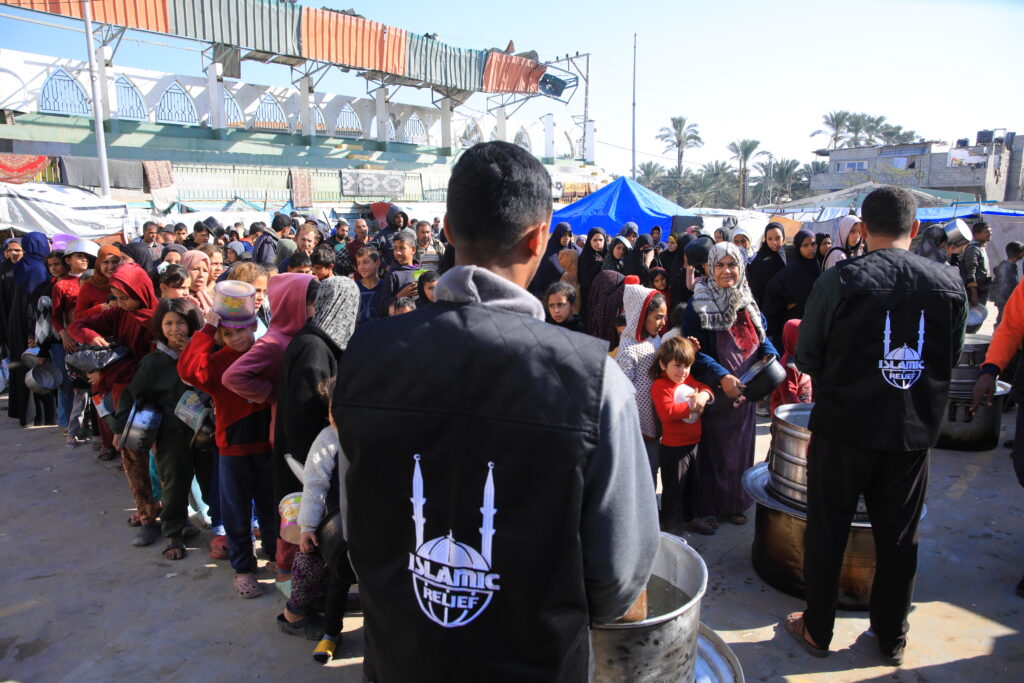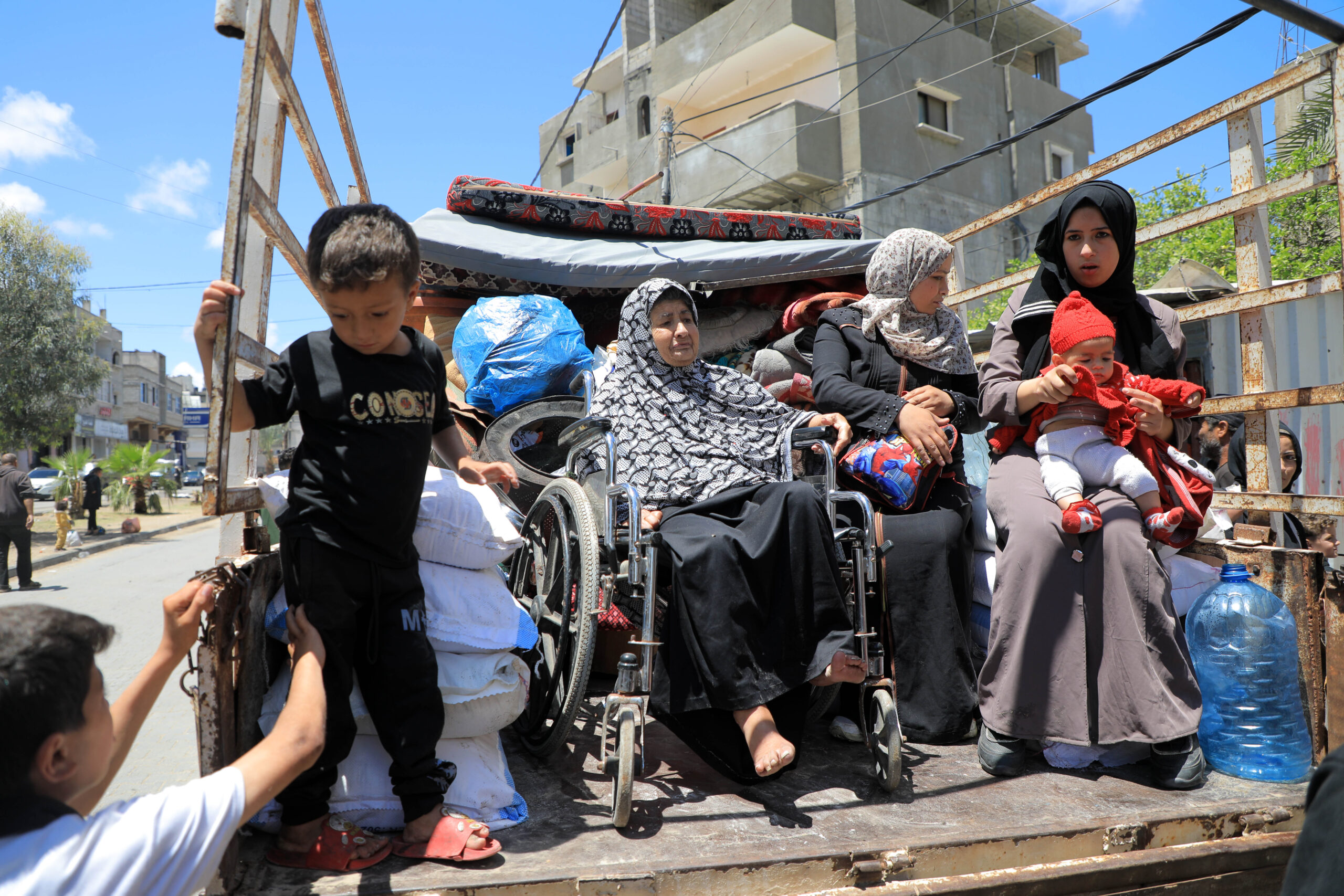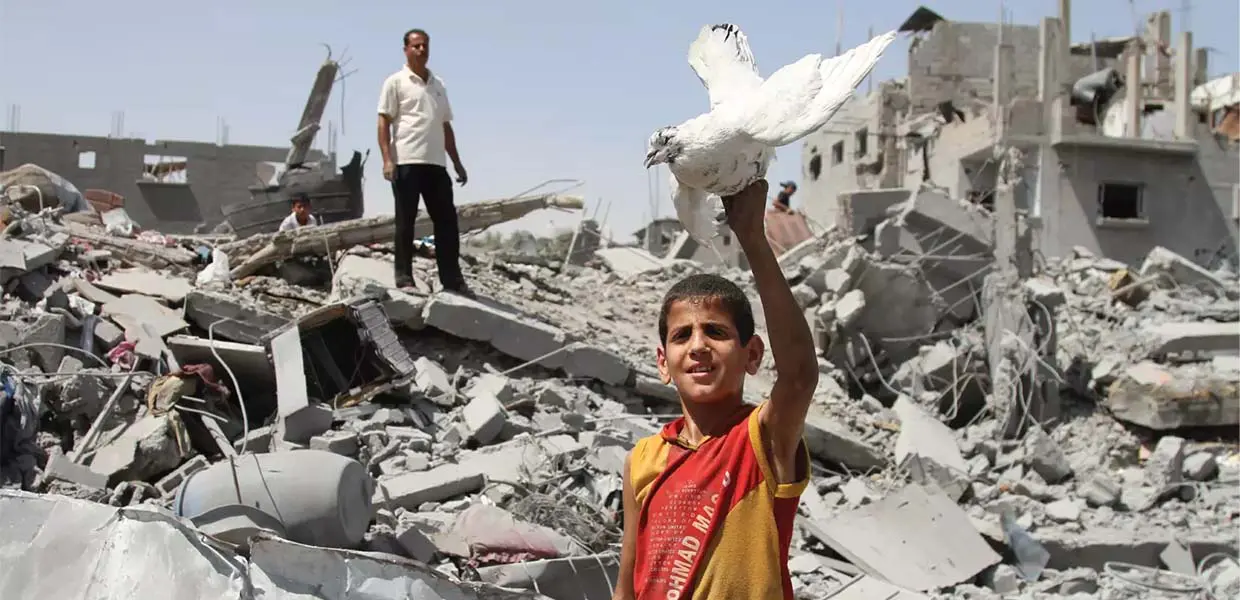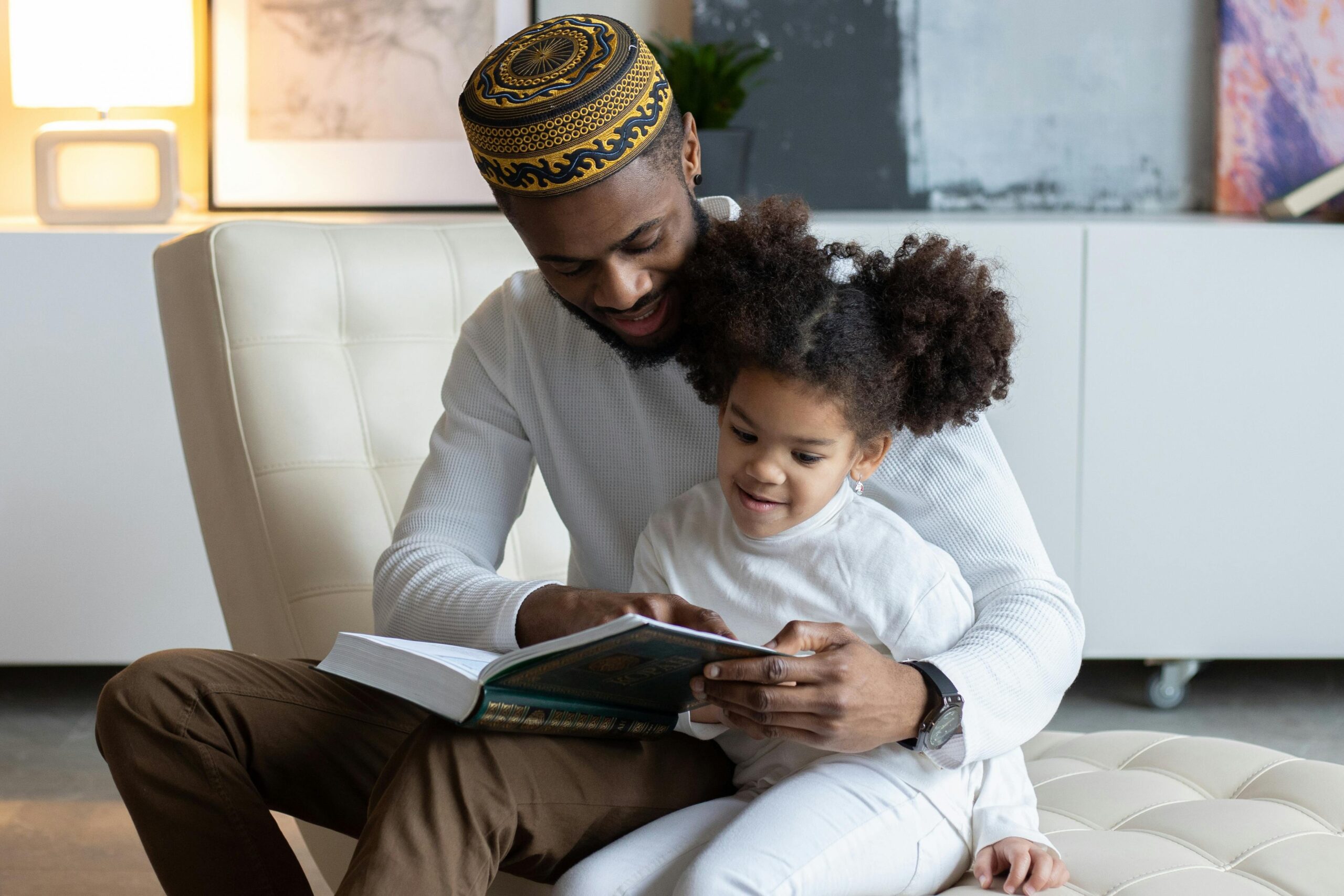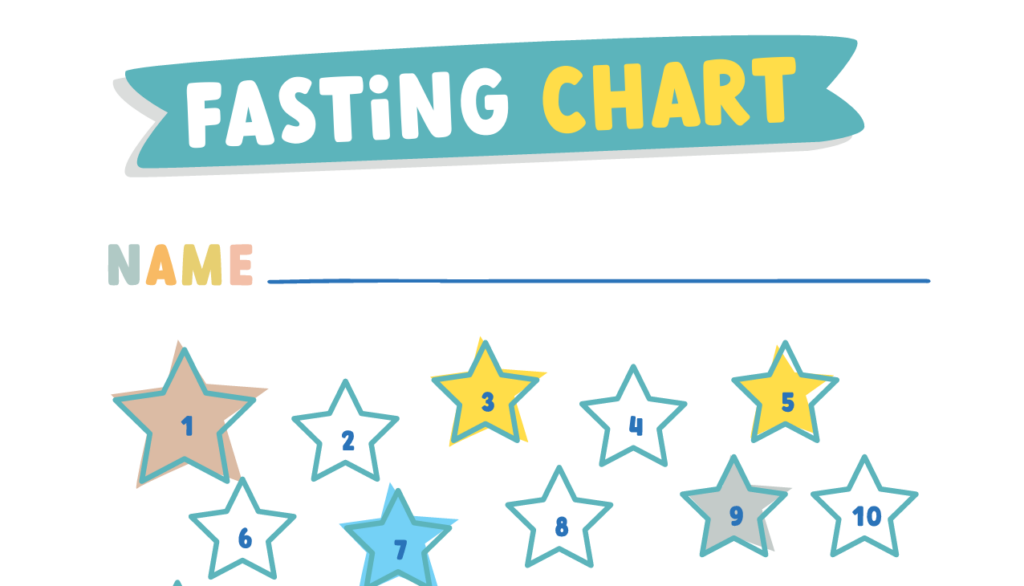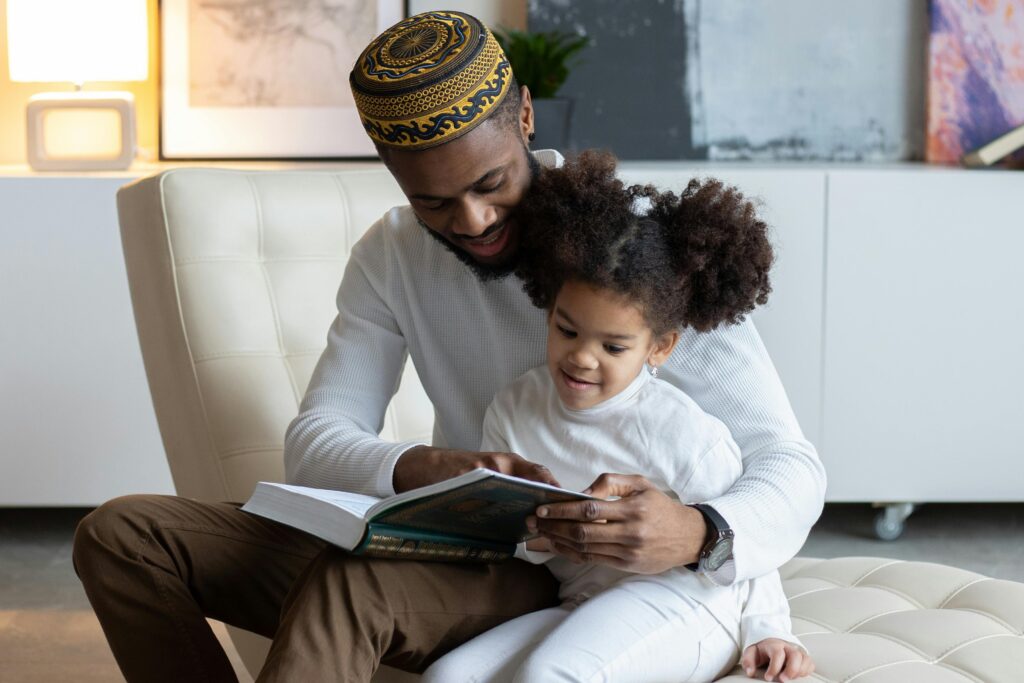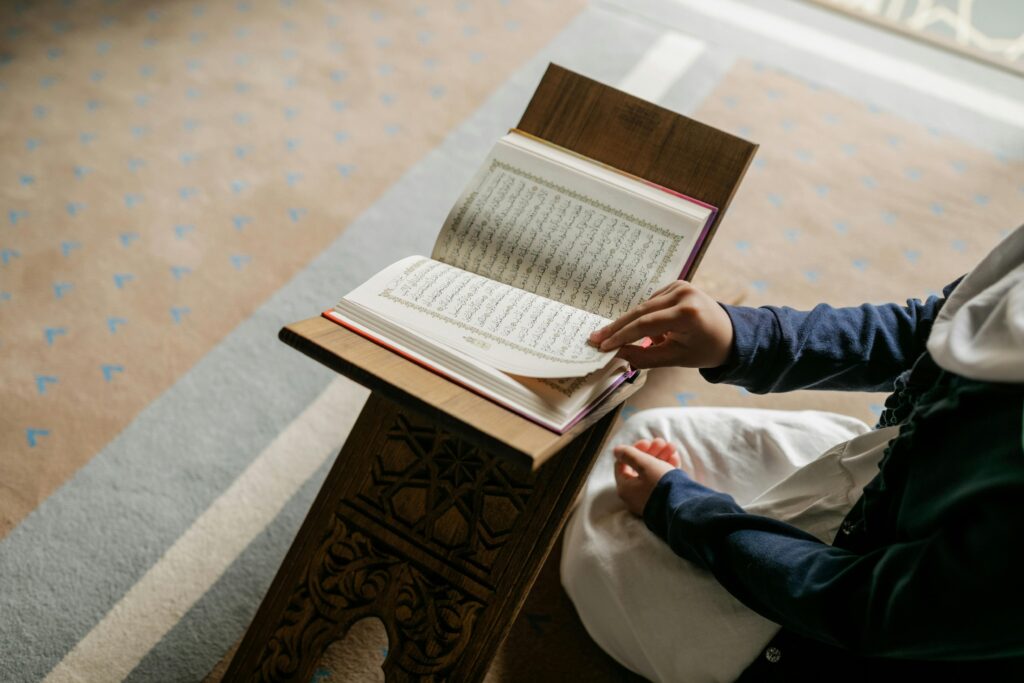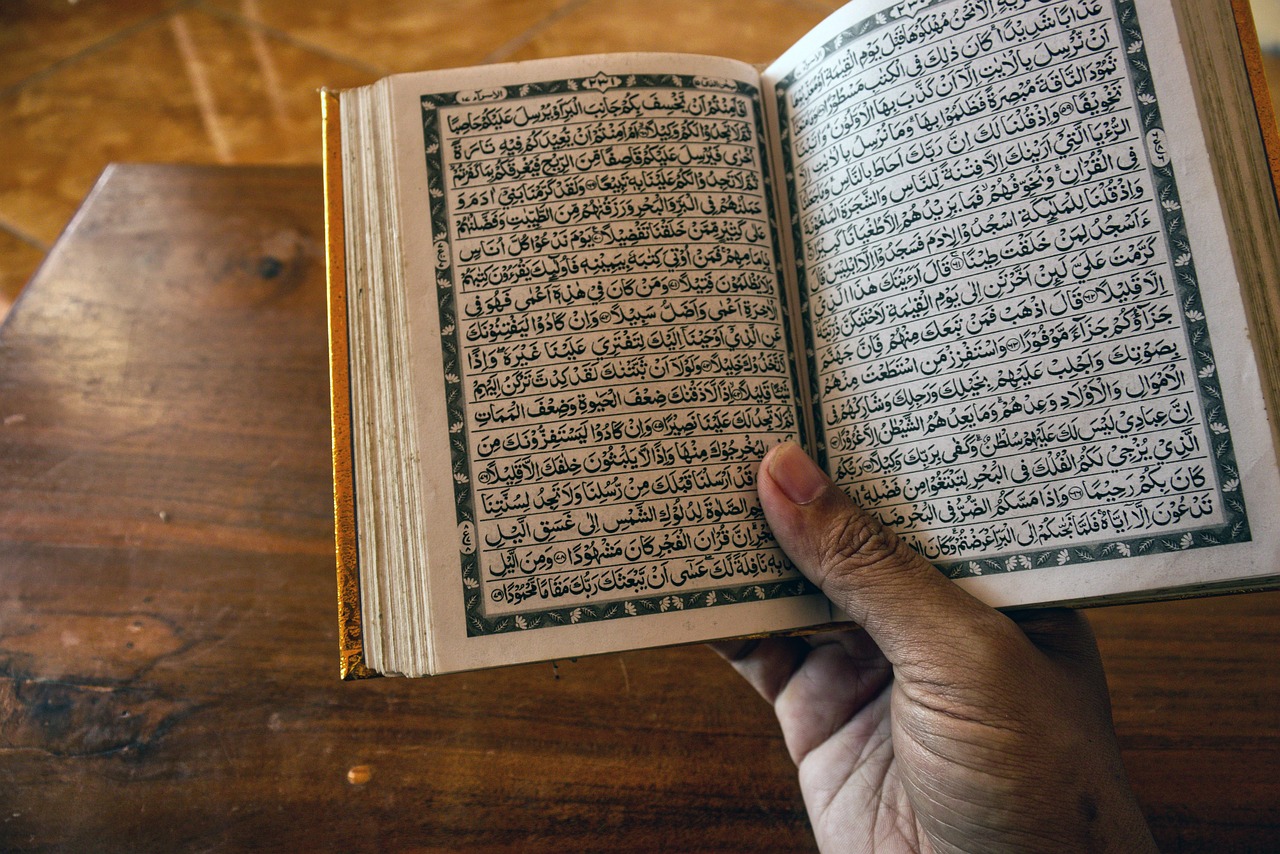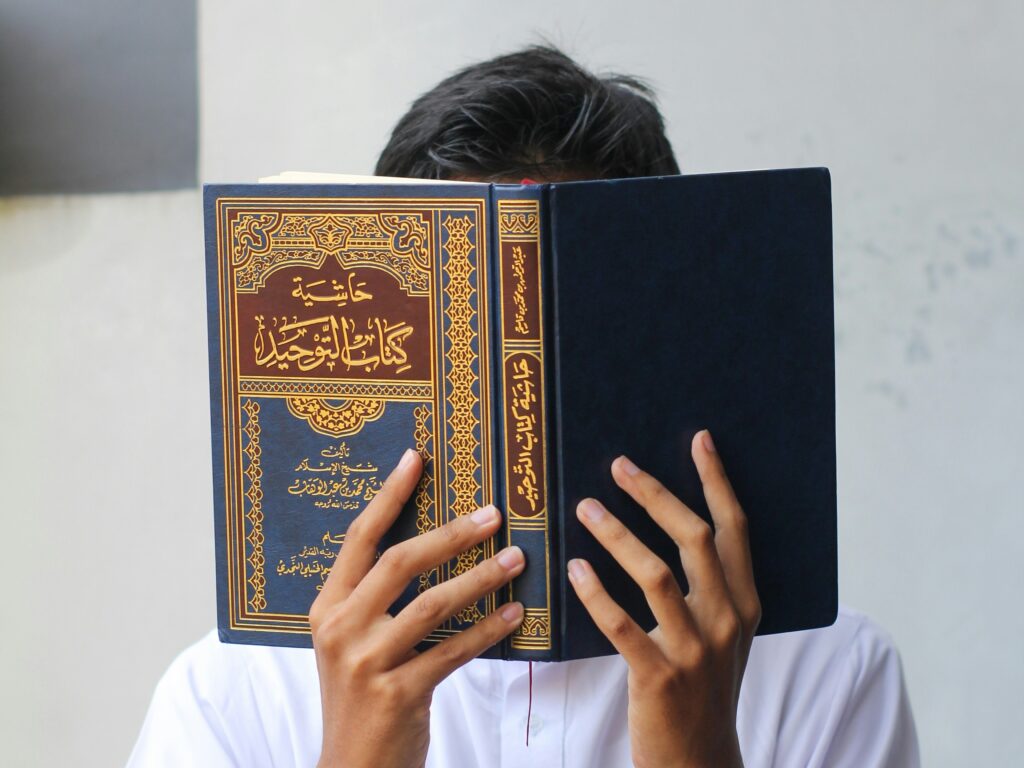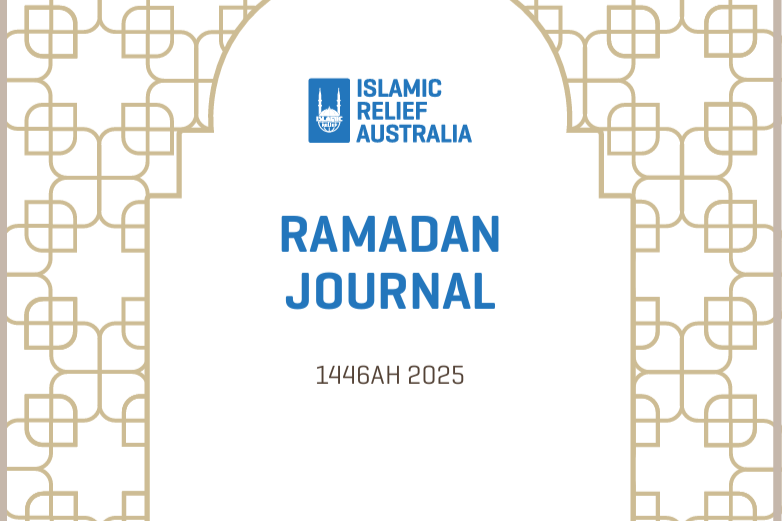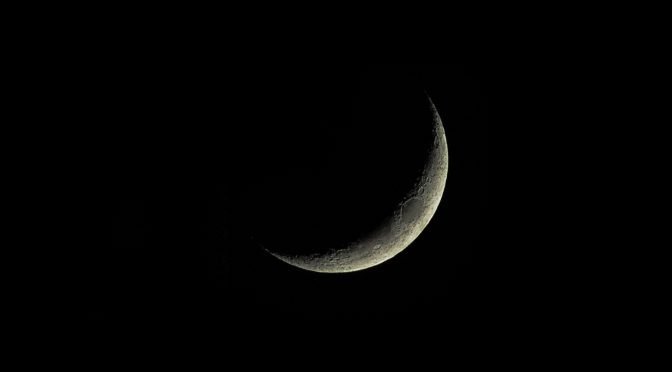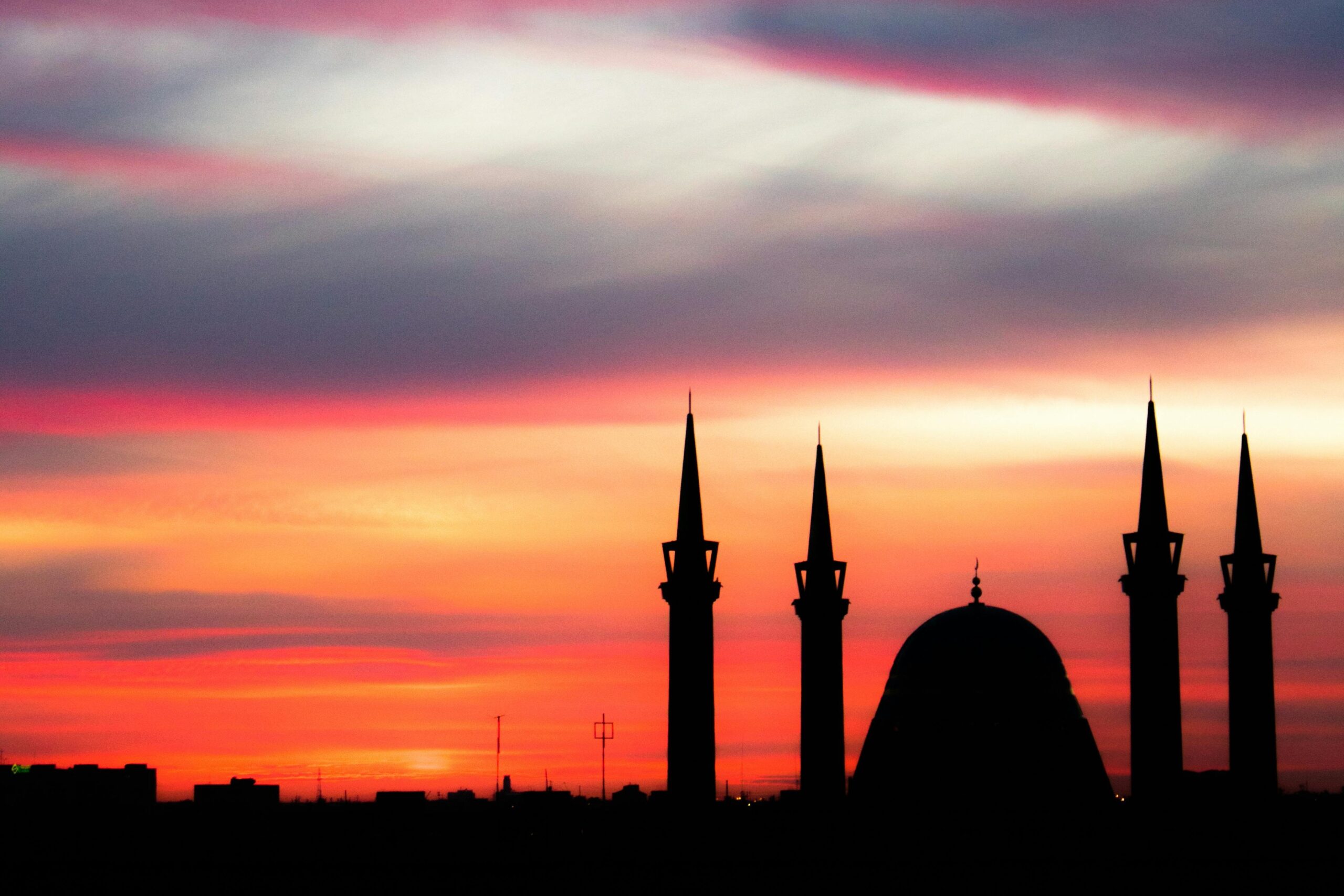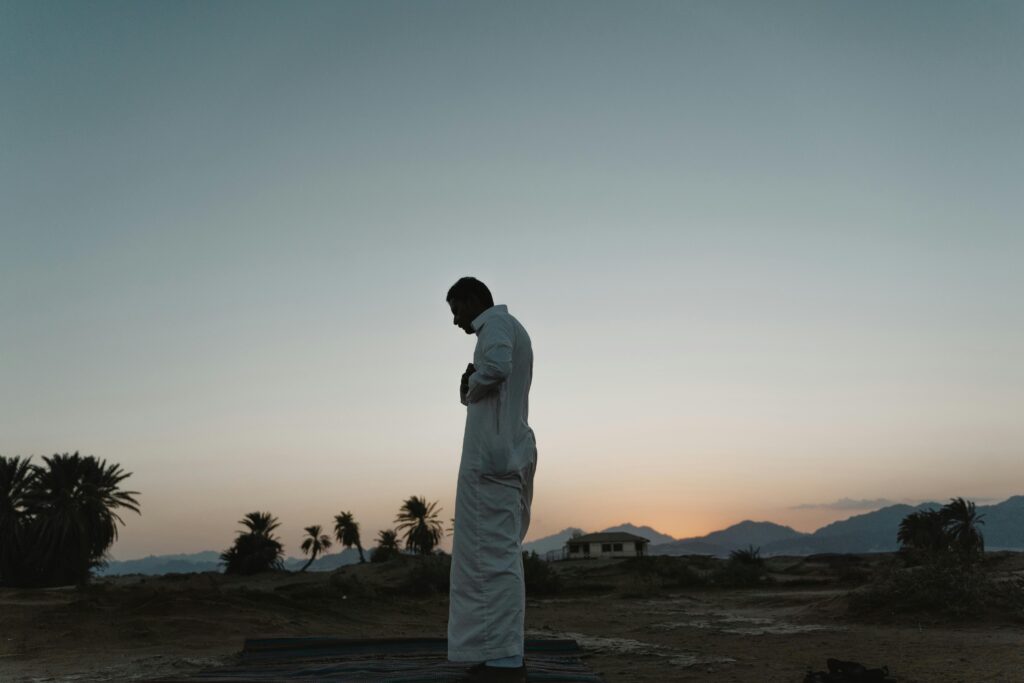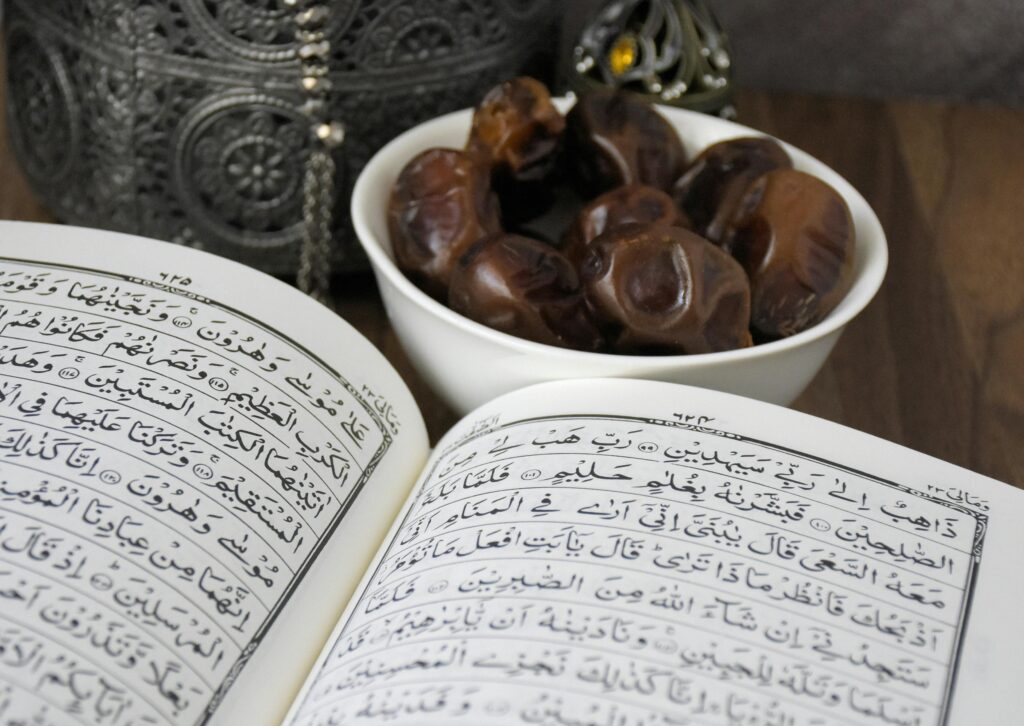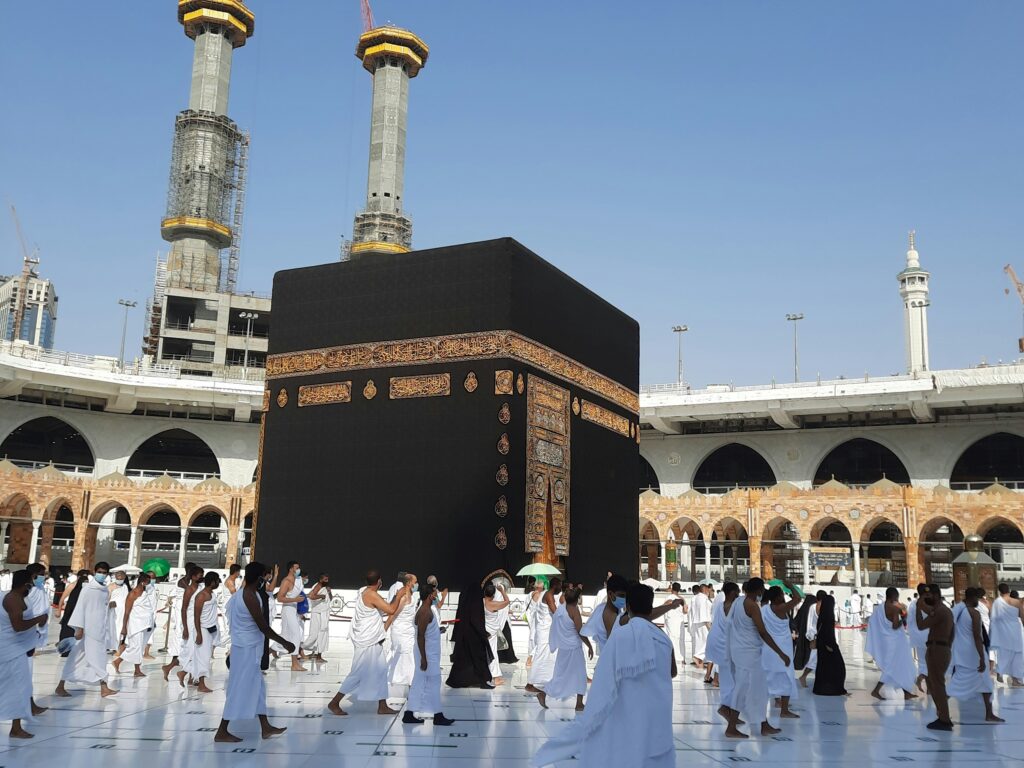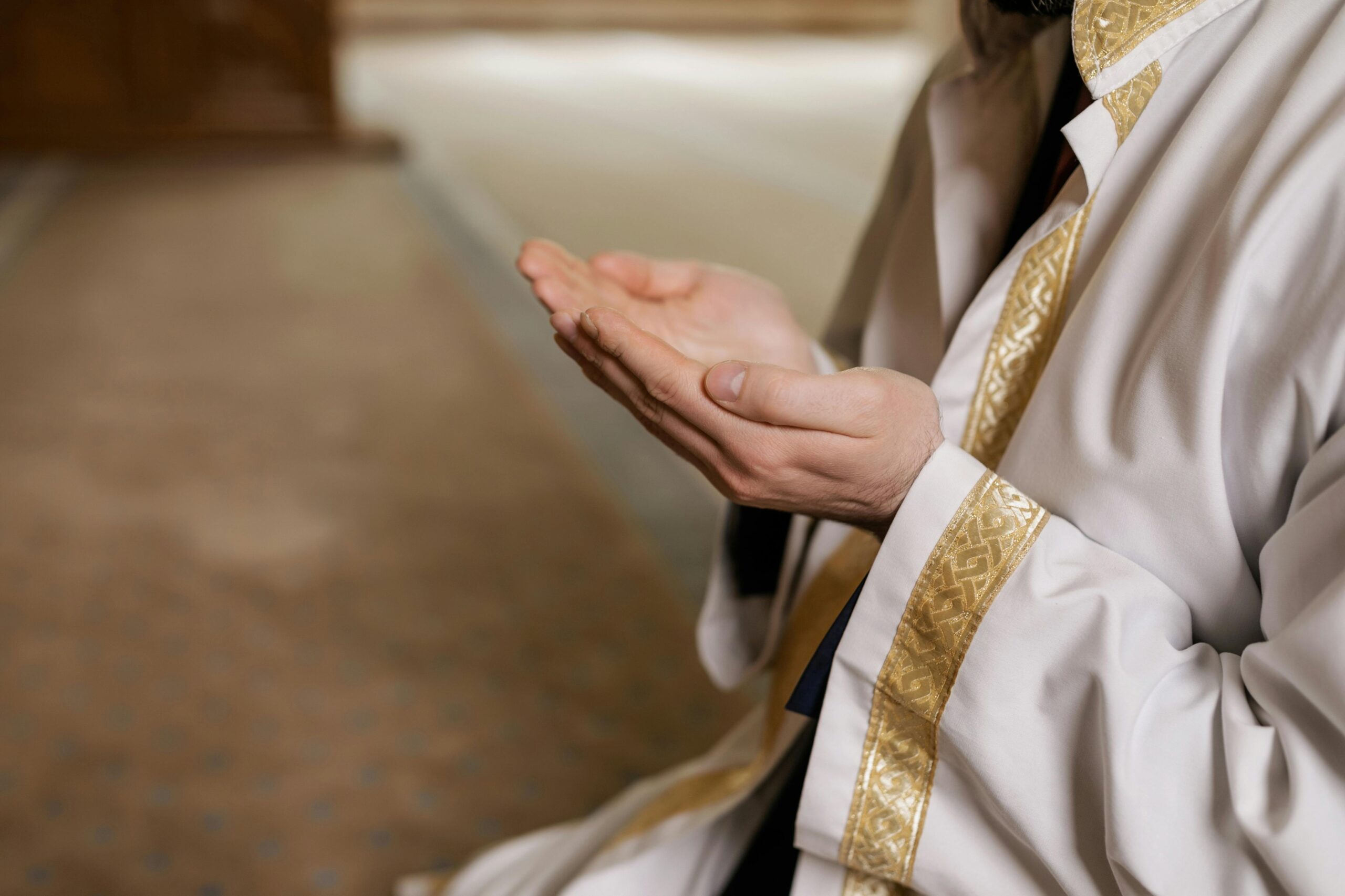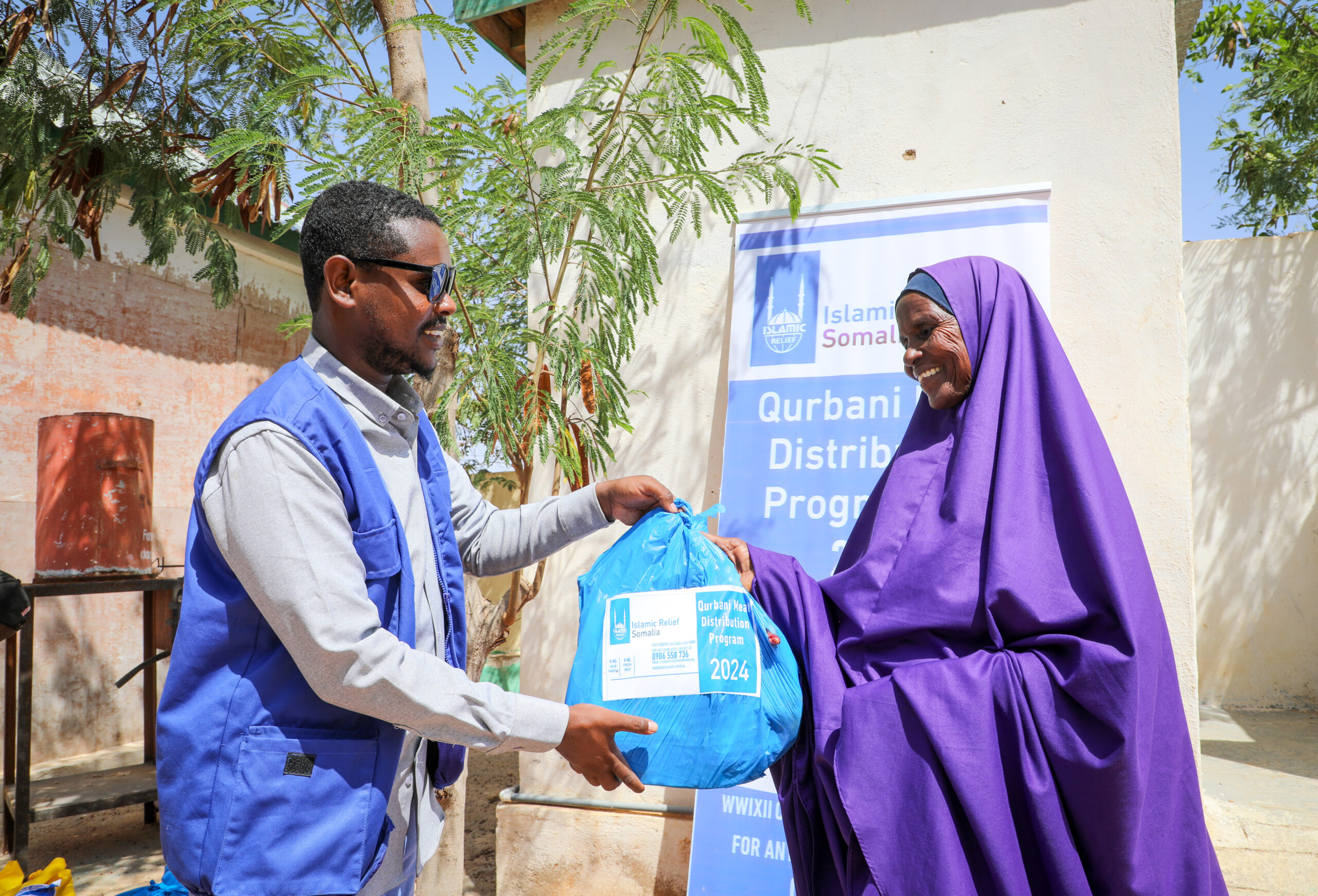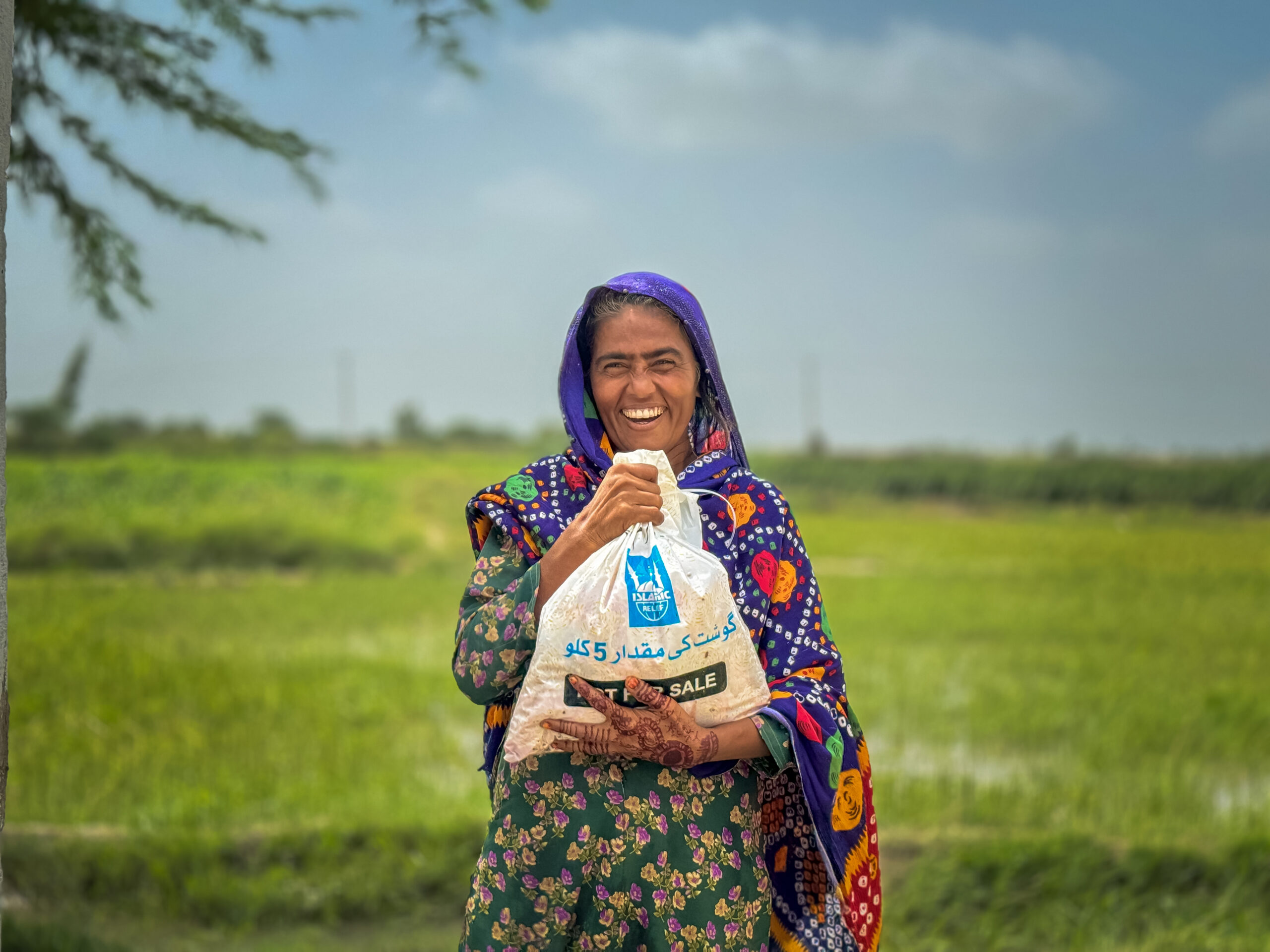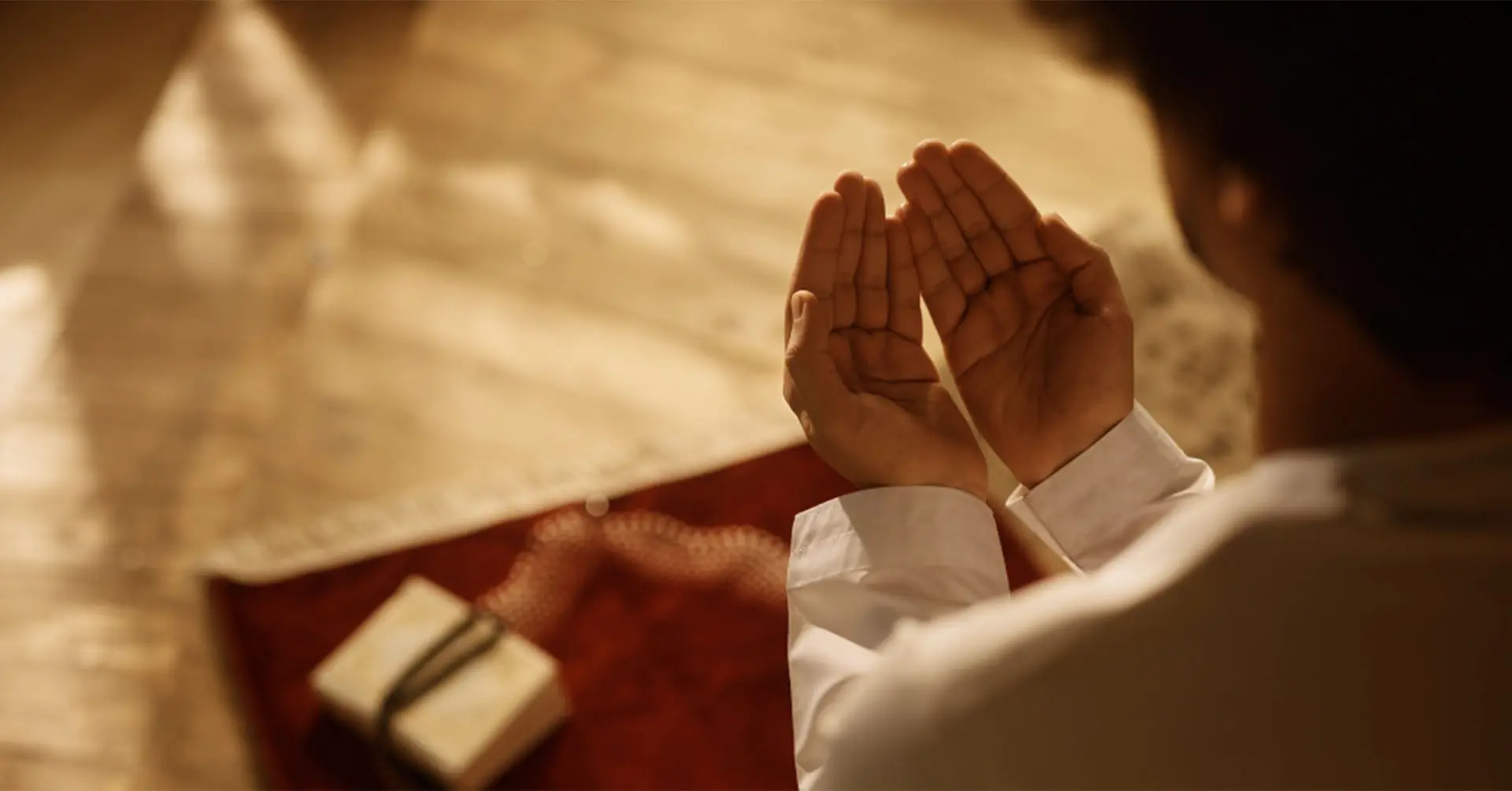
03.24.25
Etiquettes of making du’a
In Islam, making du’a (supplication) is a deeply spiritual act and is considered a direct means of communication between an individual and Allah.
Scholars advise adhering to certain practices when making du’a. Here, we will explore some of the etiquettes to bear in mind when making du’a.
“Supplication is the essence of worship”
Hadith | Tirmidhī
Displaying sincerity, humility, and submission before Allah
Displaying sincerity, humility, and submission before Allah can help deepen the connection with Allah and increase the likelihood of a supplication being accepted and answered.
A good way to do this is by first purifying our intentions and ensuring the supplication is primarily for a purpose to assist in earning the pleasure of Allah. Having complete tawaakal in Allah (trust in Allah) shows a sincere belief that it is only through Allah’s guidance and mercy that the prayer will be answered.
Sincerely submitting entirely to His will; with trust and contentment that whatever outcome He decrees is the best outcome, even if it doesn’t align with the immediate desires of the prayer, is a mark of faith and humility.
Engaging in heartfelt supplication with unwavering focus
Approaching du’a with sincerity, focus, and unwavering trust in Allah, helps in making heartfelt prayers that strengthen the relationship with Him, and brings one closer to His mercy and blessings.
To help focus and develop khushoo, or a still serenity, it’s recommended to find a peaceful and quiet place where you can concentrate without interruption. This may open pathways to acts of worship such as prayer, dhikr through Allah’s Beautiful Names (Asma ul-Husna), and reflection. This may open pathways to acts of worship such as prayer (Salah), remembrance (Dhikr) through Allah’s Beautiful Names (Asma ul-Husna), recitation of Quran (Qira’a) and reflection (Fikr).
Be completely vulnerable before Allah, in this quiet space, and share your heartfelt prayers. Be completely vulnerable and present before Allah.
Facing towards the Qiblah
Facing the Qiblah when making du’a is a recommended but not obligatory practice in Islam. Muslims can make du’a in any direction and at any time. However, facing the Qiblah is considered a praiseworthy practice for several reasons as it serves as the focal point of Muslim worship and can increase a sense of spiritual connection and awareness.
It is also Sunnah (tradition) of the Prophet Muhammad (ﷺ) to face the Qiblah when making supplication, and Muslims try to follow the Prophet’s exemplary conduct.
“Everything has a master, and the master of religious circles is to face the Qibla.”
Hadith I Muslim and Bukhari
Directing towards the Qiblah during du’a is believed to increase the likelihood of one’s supplication being accepted by Allah. It is a way of demonstrating humility, obedience, and devotion to Allah, which are qualities that are conducive to having one’s prayers answered.
Observing wudhu before making the dua
Performing wudhu (ablution) before making du’a is encouraged but not obligatory in Islam. The ritual of wudhu itself is also a rewardable act. Being in this state can help individuals to approach Allah with a pure heart and soul, allowing for a more intimate and sincere interaction during supplication.
By performing wudhu before making du’a, Muslims humble themselves before Allah and acknowledge His greatness and authority.
Extending one’s hands towards Allah as a gesture of supplication
Extending one’s hands towards Allah as a gesture of supplication is a practice which is encouraged but is not compulsory. The act symbolises humility and neediness before the Creator. By physically raising one’s hands and palms upward, a person acknowledges their dependency on Allah and their humble submission to His will.
“Verily, your Lord is Generous and Shy. If His servant raises his hands to Him (in supplication) He becomes shy to return them empty”.
Hadith | Tirmidhi
Muslims emulate the actions of the Prophet as a means of following his Sunnah (traditions) and seeking closeness to Allah.
Commencing the du’a with words of praise for Allah and sending blessings upon the Prophet Muhammad (ﷺ)
Commencing dua with words of praise for Allah and sending blessings upon our beloved Prophet Muhammad (ﷺ) is a deeply ingrained practice in Islam. It reflects gratitude, reverence, and adherence to the Prophetic tradition.
Offering praise to Allah before making supplication is an expression of gratitude and also demonstrates acknowledgment of His countless blessings, mercy, and favours upon His servants. By praising Allah, Muslims express their recognition of His benevolence and their unwavering trust in His guidance and wisdom.
Muslims hold a deep love and reverence for the Prophet, and invoking blessings upon him is a way of expressing this love and seeking his help and intercession before Allah. By sending Salawat upon Allah’s beloved, our dua’s are much more likely to be answered.
Employing a variety of Allah’s Beautiful names to invoke Him during du’a
Reciting Allah’s beautiful names, or Asma al-Husna, to invoke Him during du’a is a highly recommended practice in Islam and was also a sunnah of Prophet Muhammad (ﷺ).
It helps Muslims deepen their understanding of Allah’s attributes and qualities, with each name signifying a unique attribute of God’s divine nature.
Some even recite different names according to the intent of their du’a, like saying “Ar-Rahman” (the Most Merciful) to seek Allah’s mercy and compassion, or “Al-Qadir” (the All-Powerful) in times of difficulty. By using Allah’s names in du’a, believers seek blessings and assistance tailored to their specific needs and circumstances.
Seeking repentance and forgiveness for sins and wrongdoings
Seeking repentance (tawbah) and forgiveness (istighfar) for sins and wrongdoings before making dua is an important practice as it’s believed to purify the soul, and also remove any barriers that may hinder the acceptance of supplications.
Prophet Muhammad (ﷺ) is reported to have frequently sought forgiveness and repentance from Allah, even though he was free from sin. Muslims strive to emulate the actions and teachings of the Prophet (ﷺ) as a means of drawing closer to Allah and following his exemplary conduct.
Maintaining unwavering faith that Allah listens to and accepts the du’a
Allah has explicitly promised in the Quran that He listens to the prayers of those who call upon Him.
“And when My servants ask you concerning Me, indeed I am near. I respond to the invocation of the supplicant when he calls upon Me.”
Quran | 2:186
Prophet Muhammad (ﷺ) also emphasised the importance of having faith in the acceptance of du’a.
“Call upon Allah while being certain of being answered and know that Allah does not respond to a supplication from the heart of one heedless and occupied by play.” [Hadith I Tirmidhi].
The Prophetic assurance encourages believers to maintain unwavering faith in the efficacy of du’a.
Concluding the du’a by offering salutations to the Prophet (ﷺ)
Ending a du’a by offering salutations to the Prophet Muhammad (ﷺ) is a practice deeply rooted in Islamic tradition.
Muslims hold a deep love and reverence for Prophet Muhammad (ﷺ) as the messenger of divine guidance and mercy. Ending du’a with salutations is a way of expressing this love and respect and honouring the Prophet’s status as the best of creation and a mercy to all mankind.

